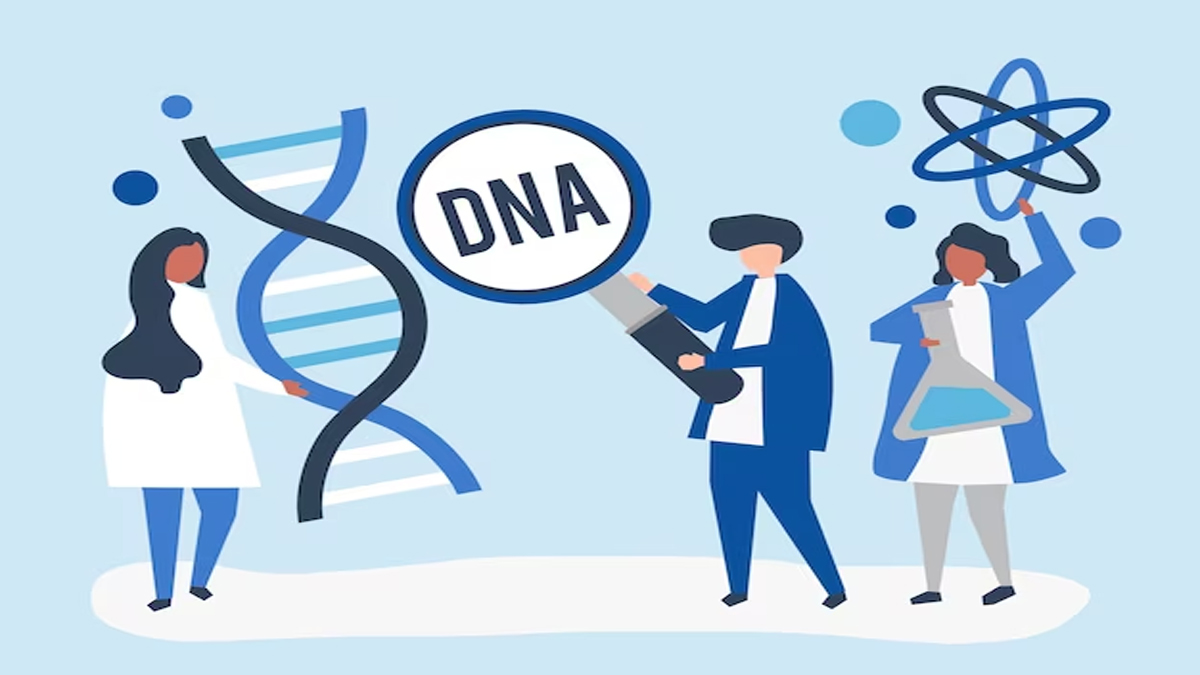Let’s explore these aspects in-depth:
- DNA Databases:
DNA databases consist of collections of genetic profiles, typically derived from DNA samples collected from individuals for various purposes. These databases serve as valuable resources for law enforcement agencies, research institutions, and healthcare providers.
However, they also give rise to legal concerns:
a. Consent and Privacy:
One key issue is obtaining informed consent from individuals before including their DNA profiles in a database. Privacy laws and ethical considerations demand that individuals should be adequately informed about the purpose and potential risks associated with their genetic information’s inclusion. Consent procedures must be transparent, voluntary, and specific.
b. Data Security:
DNA databases hold sensitive and personal information, making them attractive targets for unauthorized access or misuse. Legal frameworks must ensure robust security measures to protect against data breaches and unauthorized disclosure of genetic information.
c. Data Retention and Expungement:
Clear guidelines should be established regarding the retention and deletion of DNA profiles. Retention periods should be limited to the necessary duration for the intended purpose, such as criminal investigations, and provisions must exist for the timely removal of profiles when no longer required.
d. Access and Sharing:
Regulations should define who can access DNA databases and under what circumstances. Law enforcement agencies may seek access to match DNA samples obtained from crime scenes, but strict protocols should be in place to prevent misuse or unauthorized sharing of genetic data.
e. DNA Database Expansion:
If DNA databases are to be expanded to include broader populations or non-criminal databases, legal frameworks should be updated accordingly to address potential privacy concerns and ensure compliance with existing laws.
- Genetic Privacy:
Genetic privacy pertains to an individual’s right to control their genetic information and decide how it is collected, stored, used, and shared.
Genetic privacy issues encompass several legal considerations:
a. Informed Consent:
Genetic testing and participation in DNA databases should require individuals’ informed consent, including a clear understanding of the potential risks, limitations, and uses of their genetic information. Consent forms should be comprehensive, allowing individuals to make well-informed decisions.
b. Non-discrimination:
Genetic information can reveal predispositions to certain diseases or conditions, and there is a risk of it being used for discriminatory purposes by employers, insurers, or other entities. Legal protections, such as the Genetic Information Nondiscrimination Act (GINA) in the United States, aim to prevent genetic discrimination in areas such as employment and health insurance.
c. Secondary Use of Genetic Data:
Legal frameworks should address the issue of secondary use, which involves the use of genetic information for purposes other than the original intent. Individuals’ consent should be sought if their genetic data is to be used beyond the initial purpose, ensuring their autonomy and control over their information.
d. Anonymization and De-identification:
Techniques like anonymization and de-identification can help protect genetic privacy by removing personally identifiable information from genetic data. Legal frameworks may require adherence to specific standards for data de-identification to mitigate privacy risks.
e. Public Perception and Education:
Legal frameworks should encourage public awareness and education about genetic privacy rights and the potential implications of genetic testing. Individuals should have the necessary information to make informed decisions and understand the privacy risks associated with sharing their genetic information.
Overall, legal implications surrounding DNA databases and genetic privacy revolve around obtaining informed consent, ensuring data security, preventing unauthorized access, addressing the risks of genetic discrimination, and providing individuals with control over their genetic information. Striking a balance between the benefits of genetic research and the protection of individual privacy rights is crucial in developing comprehensive legal frameworks.
